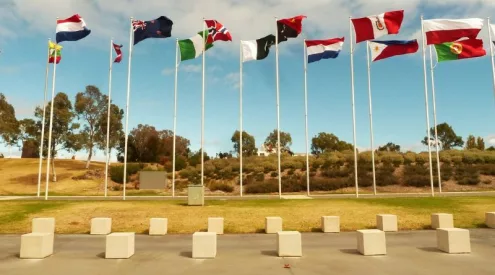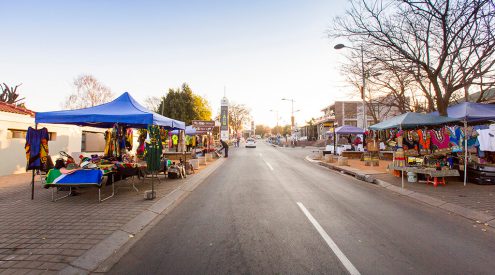The Department of Health has confirmed today, 11 March that one of the latest positive cases of the coronavirus is in the Western Cape. This brings the total number of confirmed cases in the country to 13. The patient is a 36-year-old man who travelled to multiple countries including Germany, Austria, Switzerland and Turkey. He returned to South Africa on 9 March.
One other case has been confirmed in KwaZulu-Natal and four others in Gauteng.
‘Those who are symptomatic have started receiving treatment. Some of these patients are already in hospital while some, specifically those who are asymptomatic are in self-quarantine. Contact tracing has also started for all these cases. It is also noteworthy that to date, 645 tests have been conducted,’ the Department of Health said in a statement.
Medical experts say there is no reason to panic.
Dr Robyn Reed, who examined the first coronavirus patient in South Africa, ‘called for calm and warned people not to panic because the illness was similar to the flu’, according to a report by News24.
Abdu Sharkawy, a doctor at the University of Toronto in Canada, took to Facebook to urge people around the world not to lose all reason.
‘The fact is the virus itself will not likely do much harm when it arrives. But our own behaviours and “fight for yourself above all else” attitude could prove disastrous. I implore you all,’ he wrote on Facebook.
‘Temper fear with reason, panic with patience and uncertainty with education. We have an opportunity to learn a great deal about health hygiene and limiting the spread of innumerable transmissible diseases in our society. Let’s meet this challenge together in the best spirit of compassion for others, patience, and above all, an unfailing effort to seek truth, facts and knowledge as opposed to conjecture, speculation and catastrophizing.’
Face masks are not effective protection for people who are well, but people who are already ill can wear them to reduce the likelihood that they’ll cough or sneeze droplets on loved ones, according to livescience.com.
Symptoms include coughing, a sore throat, shortness of breath or fever. Anyone who experiences these symptoms is urged to self-isolate and contact the NCID coronavirus hotline on 011 386 2000.
Image: Pexels















